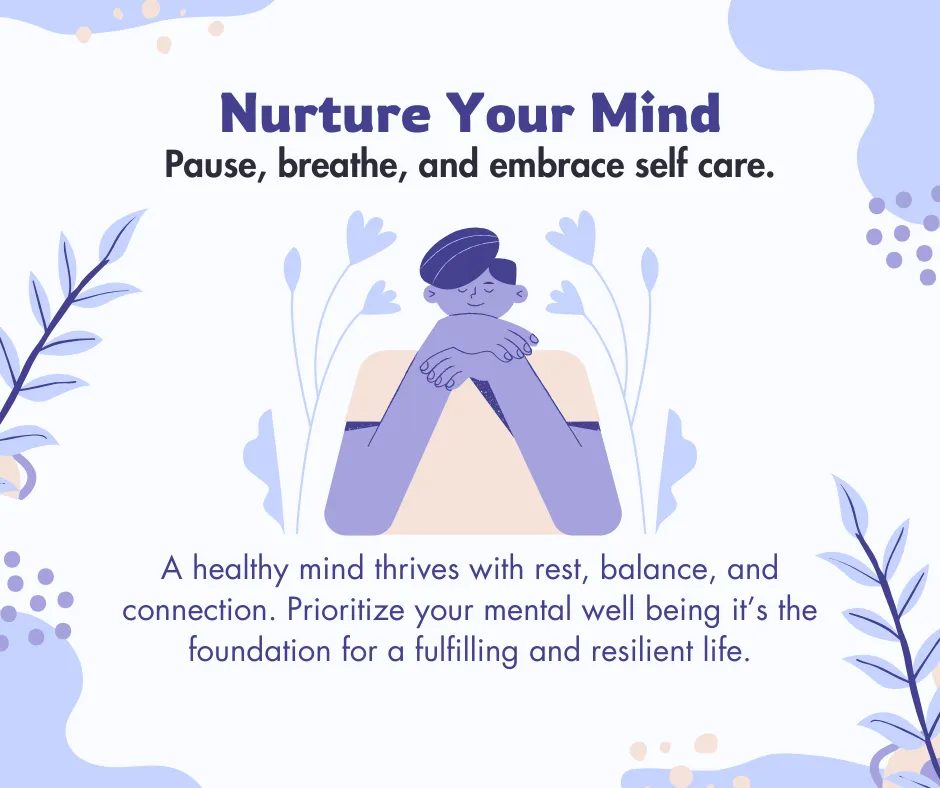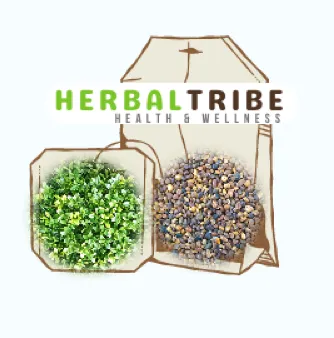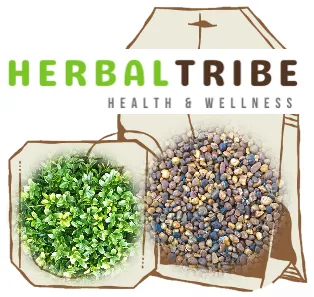
Power of A Meaningful Life
“We don't rise to the level of our expectations, we fall to the level of our training”
- Archilochus
What Truly Matters In Life and How to Live It:
Introduction
In the pursuit of success, comfort, and stability, we often find ourselves caught in the whirlwind of responsibilities and expectations. The world tells us to chase achievements, accumulate wealth, and secure recognition—but at the end of the day, are these the things that truly fulfill us?
What really matters in life isn’t measured by numbers or accolades, but by the depth of our relationships, the purpose we cultivate, and the peace we carry within ourselves. Understanding these core values allows us to live with intention, embracing meaning, love, and growth in every moment..
Unlocking The Power of Meaningful Life To Our Potential!❤️
💡 The Philosophy of Meaningful Life:
The philosophy of what truly matters in life revolves around fundamental questions about meaning, fulfillment, and purpose. Philosophers across time have explored this through different perspectives, shaping how we think about life’s essence. Here are some key philosophical approaches:
1. Existentialism – Finding Meaning in Choice
Existentialist philosophers like Jean-Paul Sartre and Viktor Frankl argue that meaning in life is not pre-defined—we create it through our choices, values, and actions. It suggests that what truly matters depends on how we engage with life, rather than an external blueprint.
2. Stoicism – Living with Virtue & Inner Peace
Stoic philosophers like Epictetus and Marcus Aurelius emphasize self-control, virtue, and resilience. According to Stoicism, what matters most is how we respond to life—peace is found in accepting things beyond our control and focusing on wisdom, courage, and justice.
3. Eudaimonia – Aristotle’s Idea of Flourishing
Aristotle believed the ultimate goal of life is Eudaimonia, meaning human flourishing. This happens when we cultivate virtues, relationships, wisdom, and purpose—not just pleasure or success. According to this view, a meaningful life isn’t about fleeting happiness, but about living well and developing character.
4. Nihilism – Challenging Meaning Itself
On the opposite end, nihilism (associated with Friedrich Nietzsche) argues that life has no inherent meaning—it is up to individuals to define what truly matters. Some see this as liberating, while others find it troubling. Nietzsche, however, encouraged people to create their own values instead of accepting imposed beliefs.
5. Religious & Spiritual Perspectives
Many religious philosophies believe that life’s meaning is found in faith, love, service, and connection to a higher power. Christianity emphasizes love, grace, and eternal purpose, while Buddhism teaches that fulfillment comes through detachment from suffering and enlightenment. Hinduism speaks of Dharma, meaning duty and purpose in harmony with life.
6. Humanism – Finding Meaning in Relationships & Contribution
Humanist philosophers argue that what matters most is human connection, compassion, and contribution to society. According to this perspective, meaning is found in helping others, building relationships, and making a positive impact.
The philosophy of what truly matters in life is ultimately subjective—it depends on your values, beliefs, and experiences. Some find meaning in love and relationships, others in purpose and personal growth. Whether through philosophy, faith, or self-reflection, the key is to live intentionally, appreciate the present, and align life with what brings deep fulfillment.
💡 What Truly Matters In Life and How to Live It:
In a world filled with distractions, responsibilities, and ambitions, it’s easy to lose sight of what truly matters. We chase success, security, and recognition—yet deep down, we know life is about more than just these things. So, what really matters? And more importantly, how can we live in alignment with it?
🌺 Love & Connection 🤝
At the heart of life is love—the relationships we build, the moments we share, and the bonds that bring warmth to our existence.
How to cultivate connection:
Prioritize quality time with loved ones—put your phone away and be fully present.
Express gratitude and appreciation regularly.
Forgive others and nurture relationships with understanding.
Be open, honest, and vulnerable—deep connections grow from authenticity.
🌺 Purpose & Growth 🚀
A life filled with purpose is a life well lived. It’s not just about achievements but about finding meaning in the things we do. Growth ensures we keep evolving, learning, and becoming better versions of ourselves.
How to embrace purpose & growth:
Reflect on your passions—what excites and motivates you?
Set goals that align with your values and long-term dreams.
Challenge yourself—learn new skills, explore new perspectives.
Accept failures as stepping stones toward personal and spiritual growth.
🌺 Peace & Contentment 🌿
True happiness isn’t about having more but appreciating what you already have. Inner peace and contentment allow us to enjoy the present moment without being weighed down by worry.
How to cultivate peace & contentment:
Practice mindfulness—focus on the present, not the past or future.
Keep a gratitude journal to recognize the beauty in everyday life.
Simplify your life—remove distractions that don’t bring joy.
Let go of unnecessary worries; some things are beyond your control.
🌺 Kindness & Impact 💛
Our actions create ripples that extend beyond what we can see. Even the smallest acts of kindness can brighten someone’s day—and in turn, enrich our own lives.
How to make a difference:
Offer small acts of kindness—a smile, a compliment, or a helping hand.
Support causes that align with your beliefs and values.
Be patient and understanding—kindness is often more powerful than words.
Make a habit of encouraging and uplifting people.
🌺 Faith & Hope ✨
In life’s uncertainties, faith and hope become anchors. Whether in spirituality, philosophy, or simply in the goodness of humanity, believing in something greater helps us navigate hardships with resilience.
How to strengthen faith & hope:
Practice reflection, prayer, or meditation to gain clarity.
Lean on faith in tough times, trusting that things will work out.
Stay hopeful—every challenge carries lessons and growth opportunities.
Surround yourself with positivity—uplifting books, music, and people.
🌺 Gratitude & Perspective 🌟
Sometimes, life isn’t about changing circumstances but about changing how we see them. Gratitude shifts our focus to what we have rather than what we lack, leading to a more fulfilled life.
How to cultivate gratitude & perspective:
Make gratitude a daily habit—write down things you're thankful for.
Reframe problems as learning experiences, not just obstacles.
Appreciate the small joys—sunsets, laughter, kindness from a stranger.
Look for the good in people and situations, even in challenges.
🌺 Legacy & Contribution 🏆
While we focus on living life to the fullest, it’s also important to think about what we leave behind. Legacy isn’t about wealth or fame—it’s about the impact we make on people’s lives.
How to shape your Contribution:
Be intentional about how you treat others.
Share wisdom and guidance—your experiences can help others grow.
Invest in relationships, because they outlive possessions.
Live with kindness and integrity, leaving behind values that inspire.
🌺 Resilience & Strength 💪
Life isn’t always easy, but strength comes from perseverance. The ability to overcome adversity and learn from difficulties is one of the most valuable qualities we can cultivate.
How to build resilience & strength:
Reframe failures as stepping stones, not setbacks.
When faced with adversity, ask "What can I learn from this?"
Take care of your mental and emotional health—self-care matters.
Trust that challenges shape growth, even if they feel difficult now.
🌺 Joy & Playfulness 🎉
Joy and laughter keep life vibrant. Taking time to play, explore, and have fun brings energy and inspiration into everyday life.
How to embrace joy & playfulness:
Try new hobbies, adventures, or creative activities.
Laugh often—watch a comedy, share jokes, find humor in small things.
Celebrate small victories, not just major achievements.
Keep a childlike sense of wonder—curiosity makes life exciting.
Summary
At the heart of a meaningful life is not the pursuit of more, but the appreciation of what truly matters—love, purpose, peace, kindness, and faith. When we align ourselves with these core principles, life becomes richer, fuller, and deeply fulfilling.
So, slow down. Reflect. Prioritize what brings true happiness. And live each day with intention—knowing that the things we nurture today shape the legacy we leave behind. 🌟✨🧠
Check out other resources to help you get started:
👉 Power of Poet-Warrior and Warrior Creed
👉 Power of Repressed and Suppressed Feelings
👉 Power of Brain-Derived Neurotrophic Factor (BDNF)
👉 Power of Introspection and Contemplation
👉 Power of Emotions and Equanimity
👉 Navigating Happiness For Highs and Lows
👉 Achieving Optimal Neurotransmitter Balance for Better Sleep
Start your own checklist:
Instead of just reading about it, you can actively making it a part of your knowledge base. Make a quick checklist, strategies and activities for unlocking the power of new age spiritualism. Reflect and unlock new levels of understanding and fulfillment, making creative thinking a cornerstone of personal growth. Happy creating! 🚀📝💭Make note of everything you try, dscribe when you use it and how effective it is. Take heart and the time to write them down and how they make you feel.

